Introduction
As the holy month of Ramadan approaches, Muslims worldwide, including those residing in the United States, eagerly anticipate this sacred time of spiritual renewal, self-reflection, and community. Ramadan 2024 promises to be a remarkable occasion filled with cherished traditions, festive celebrations, and a profound sense of unity among the diverse Muslim community in the USA. In this comprehensive guide, we’ll explore the significance of Ramadan, its observances, and the unique experiences American Muslims embrace during this auspicious month.
Read More: Digital News Planet
What is Ramadan?
Ramadan: The Month of Fasting and Spiritual Discipline
Ramadan is the ninth month of the Islamic lunar calendar. Muslims worldwide observe a period of fasting from dawn until dusk. This annual observance is considered one of the five pillars of Islam. It is a time for spiritual renewal, self-discipline, and heightened consciousness of one’s relationship with Allah (God).
The Importance of Fasting
Fasting during Ramadan is not merely an exercise in physical abstinence but a means to cultivate self-control, empathy, and gratitude. It is a reminder of the struggles and hardships endured by those less fortunate and an opportunity to strengthen one’s connection with the divine.
Ramadan 2024 in the USA: Dates and Moon Sighting
Determining the Start and End of Ramadan
The exact dates of Ramadan are determined by the sighting of the new crescent moon, which marks the beginning of the Islamic month. Islamic organizations and communities in the United States collaborate to announce the official start and end dates of Ramadan based on moon sightings and astronomical calculations.
Ramadan 2024 Dates in the USA (Tentative)
According to preliminary calculations, Ramadan 2024 in the USA is expected to begin on or around March 12, 2024, and continue for approximately 30 days until April 10, 2024. However, these dates are subject to confirmation by Islamic authorities based on the sighting of the new moon.
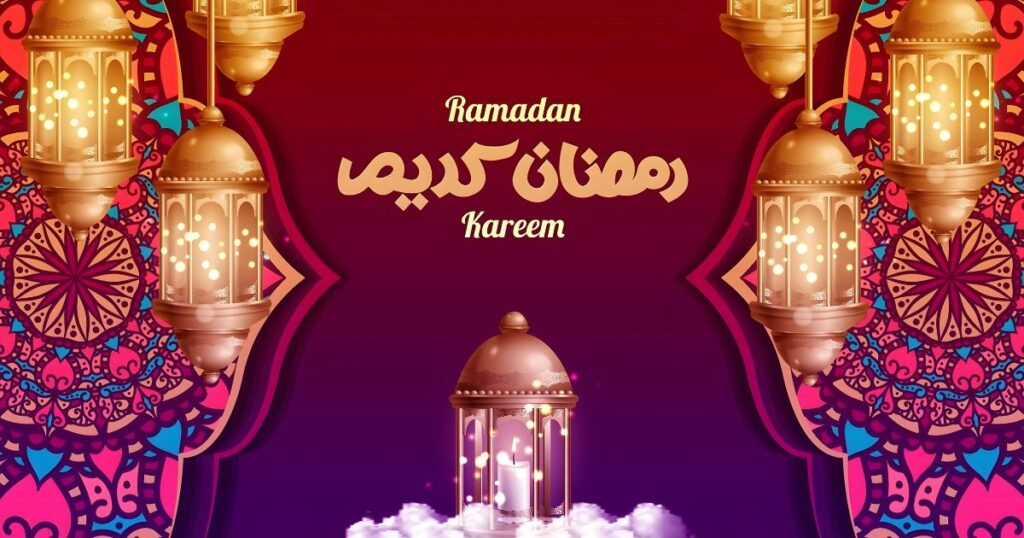
Suhoor and Iftar: Timings Across the USA
The timing of Suhoor (pre-dawn meal) and Iftar (breaking of the fast) varies across different regions of the United States due to the diverse geographical locations and corresponding daylight hours. During Ramadan 2024, American Muslims must adjust their schedules according to the local timings for these essential meals.
Suhoor Timings in Major Cities
As Suhoor must be consumed before the start of the fasting period at dawn (Fajr), the timing varies depending on the location. Here are the approximate Suhoor timings for some major cities in the USA during Ramadan 2024:
- New York City: 4:30 AM – 5:15 AM
- Los Angeles: 4:45 AM – 5:30 AM
- Chicago: 4:15 AM – 5:00 AM
- Houston: 5:00 AM – 5:45 AM
- Miami: 5:15 AM – 6:00 AM

Iftar Timings Across the Nation
Iftar, the meal that breaks the daily fast, is observed immediately after sunset (Maghrib). The timing for Iftar also varies across different regions of the United States. Here are the approximate Iftar timings for some significant cities during Ramadan 2024:
- New York City: 7:45 PM – 8:30 PM
- Los Angeles: 7:30 PM – 8:15 PM
- Chicago: 7:30 PM – 8:15 PM
- Houston: 7:45 PM – 8:30 PM
- Miami: 7:30 PM – 8:15 PM
American Muslims must consult local mosque authorities or Islamic calendars for accurate Suhoor and Iftar timings specific to their location during Ramadan 2024. These timings may vary slightly due to geographic location, daylight-saving time adjustments, and astronomical calculations.
Observances and Traditions
Fasting: The Cornerstone of Ramadan
Fasting during Ramadan is an essential practice for Muslims, observed from dawn (Fajr) until sunset (Maghrib) each day. During this period, Muslims abstain from consuming food, drinking liquids, and engaging in any form of marital relations. Fasting is a means of achieving spiritual purification, self-control, and empathy for those suffering from hunger and poverty.
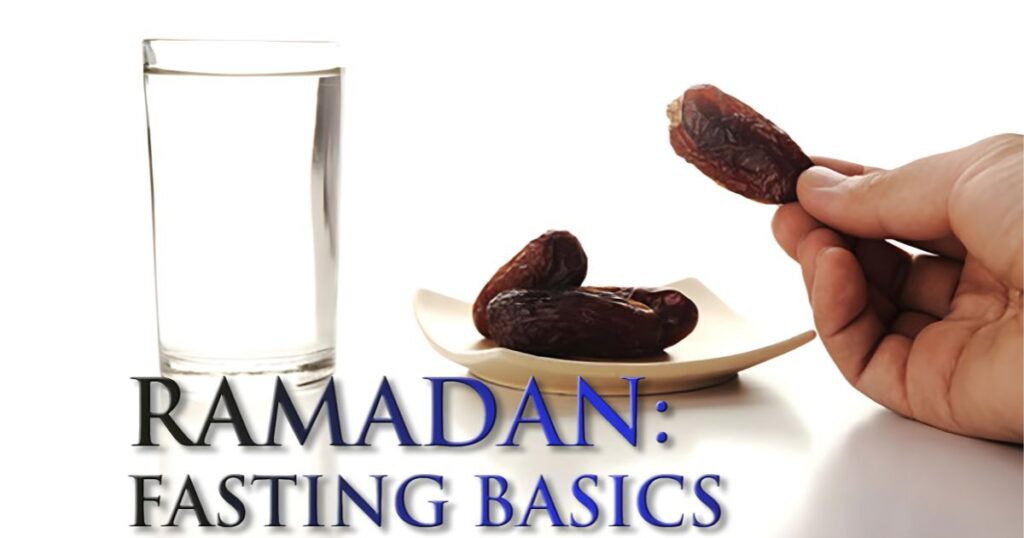
Suhoor and Iftar: Breaking the Fast
The day during Ramadan begins with a pre-dawn meal called Suhoor, which sustains the day’s fast. As the sun sets, families and communities gather to break their fast with a meal called Iftar. Iftar is a joyous occasion filled with traditional dishes, prayers, and the sharing of blessings among loved ones.
Ramadan in the USA: Navigating Work and School
American Muslims often face the challenge of balancing their religious obligations with professional and academic responsibilities during Ramadan. Many workplaces and educational institutions in the USA have implemented policies and accommodations to support Muslim employees and students during this sacred month.
Taraweeh Prayers: A Nightly Ritual
During Ramadan, Muslims engage in special evening prayers known as Taraweeh. These extended congregational prayers, typically held in mosques or Islamic centres, involve reciting significant portions of the Qur’an over the month. Taraweeh prayers foster a sense of community and togetherness among American Muslims.
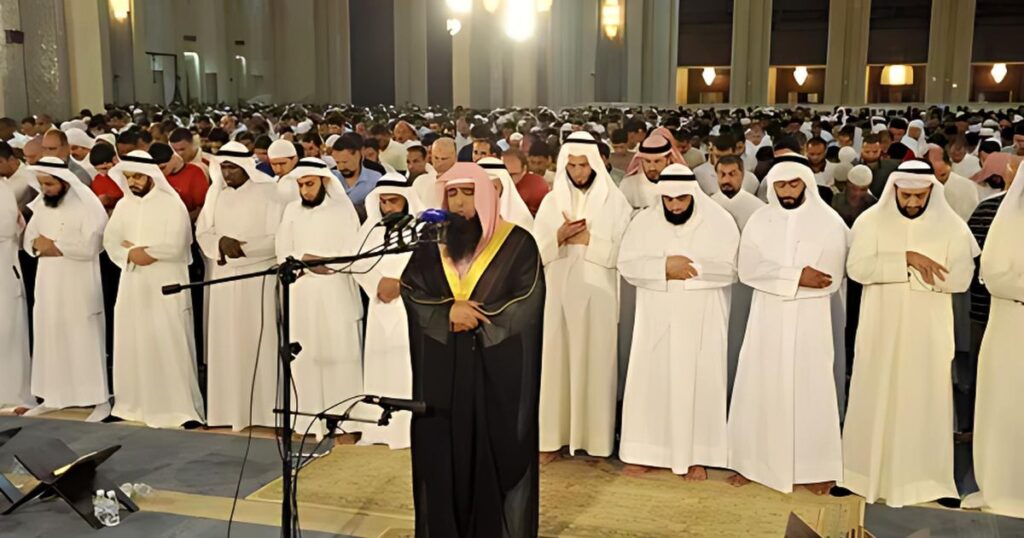
Laylat al-Qadr: The Night of Power
One of the most significant events during Ramadan is Laylat al-Qadr or the Night of Power. This is believed to be the night when the first verses of the Qur’an were revealed to the Prophet Muhammad (peace be upon him). Muslims devote this night to intense worship, seeking forgiveness, and making supplications to Allah.
Eid al-Fitr: Celebrating the End of Ramadan
The Joyous Festival of Eid al-Fitr
As Ramadan 2024 draws to a close, Muslims worldwide, including those in the USA, eagerly anticipate the festive celebration of Eid al-Fitr. This joyous occasion marks the end of the month-long fast. It is a time for family gatherings, gift-giving, and community festivities.
Eid al-Fitr in the USA: A Multicultural Celebration
Eid al-Fitr is celebrated with great enthusiasm and diversity in the United States. American Muslims from various cultural backgrounds come together to partake in traditional activities, such as attending special Eid prayers at mosques or Islamic centres, exchanging gifts, and enjoying delectable feasts with family and friends.
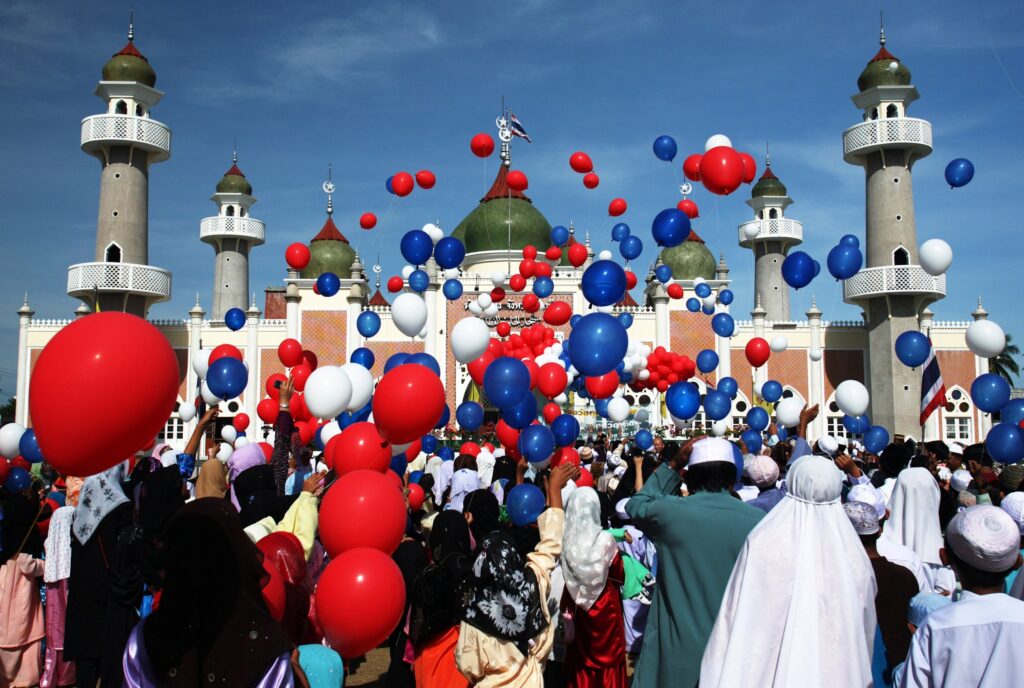
Ramadan and the American Muslim Experience
Building Bridges and Fostering Understanding
Ramadan provides a unique opportunity for American Muslims to share their faith and traditions with their fellow citizens. Many mosques and Islamic centres in the USA organize open house events, interfaith dialogues, and outreach programs to promote understanding and build bridges between communities.
Embracing Diversity and Unity
The Muslim community in the United States is a vibrant tapestry of cultures, ethnicities, and backgrounds. Ramadan is a unifying force, bringing together American Muslims from diverse backgrounds to celebrate their shared faith and values. This unity in diversity is a powerful testament to the richness and inclusivity of the American experience.
Overcoming Challenges and Misconceptions
Despite the challenges and misconceptions that American Muslims may face, Ramadan is a time to embrace resilience, compassion, and understanding. Through open dialogue, education, and participation in community events, American Muslims can dispel stereotypes and foster greater appreciation for the values and teachings of Islam.
Ramadan-Inspired Community Initiatives
Charitable Efforts and Acts of Kindness
During Ramadan, American Muslims are encouraged to engage in acts of charity and kindness, reflecting the spirit of generosity and compassion that the holy month embodies. Many mosques and Islamic organizations in the USA organize food drives, fundraisers, and volunteering initiatives to support those in need within their local communities and beyond.
Interfaith Collaborations and Outreach
Ramadan also allows American Muslims to collaborate with individuals and organizations from other faiths to promote understanding, unity, and social justice. Interfaith dialogues, community service projects, and educational events are commonly organized to foster a sense of togetherness and mutual respect.
Conclusion
As the sacred month of Ramadan 2024 approaches, American Muslims prepare to embrace the spiritual journey and rich traditions that this time holds. From fasting and prayers to community gatherings and charitable endeavours, Ramadan is a powerful reminder of the enduring values of faith, compassion, and unity. In the diverse tapestry of American society, the observance of Ramadan by American Muslims strengthens their connection to their faith. It contributes to the vibrant mosaic of cultures that define the nation’s identity.
FAQs:
1: What are Ramadan dates for 2024?
According to preliminary calculations, Ramadan 2024 in the USA is expected to begin on or around March 12, 2024, and continue for approximately 30 days until April 10, 2024.
2: Is Ramadan in Pakistan in 2024?
Yes, Ramadan will also be observed in Pakistan in 2024, following the sighting of the new crescent moon.
3: Will there be 2 Ramadan in 2030?
No, there will not be two Ramadans in 2030. The Islamic calendar is lunar, and Ramadan occurs only once yearly.
4: How many Ramadan are there in 2025?
There will be one Ramadan in 2025, as is the case every year.
5: Will we have 3 Eids in 2030?
No, having three Eids (Eid al-Fitr and Eid al-Adha) in a single year is impossible. There are only two Eids celebrated annually.
6: How long is Ramadan 2030?
Like every year, Ramadan in 2030 will last for approximately 29 or 30 days, depending on the sighting of the new crescent moon.
7: Was there 2 Ramadan in 1997?
No, there was only one Ramadan in 1997, as every year.
8: What year will have 3 Eids?
No year will have three Eids, as only two major Islamic festivals are celebrated annually – Eid al-Fitr and Eid al-Adha.
9: Which year will have 2 Ramadan?
No year will have two Ramadans, as Ramadan occurs only once yearly in the Islamic calendar.
10: What age is Ramadan for?
Ramadan is observed by all Muslims who have reached the age of puberty and are physically capable of fasting. Children below the age of puberty are not obligated to fast.
11: Will there be 3 Eid in 2033?
No, there will not be three Eids in 2033 or any other year. Only two major Islamic festivals – Eid al-Fitr and Eid al-Adha – are celebrated annually.
12: How old is Ramadan?
Ramadan is not a person, so it does not have an age. It is the ninth month of the Islamic lunar calendar, and its observance dates back to the time of the Prophet Muhammad (peace be upon him) in the 7th century CE.
13: Are there 4 Eids?
No, there are not four Eids in Islam. The two major Islamic festivals celebrated annually are Eid al-Fitr (marking the end of Ramadan) and Eid al-Adha (the Festival of Sacrifice).
14: Which Eid has three days?
Eid al-Fitr and Eid al-Adha have three days of celebration. Eid al-Fitr is typically celebrated for one day. In contrast, Eid al-Adha is for three or four days, depending on the region and cultural traditions.
15: When was Eid 222?
No specific year or date is referred to as “Eid 222.” The Islamic calendar follows a lunar cycle, and Eid al-Fitr and Eid al-Adha are celebrated annually based on the sighting of the new crescent moon.

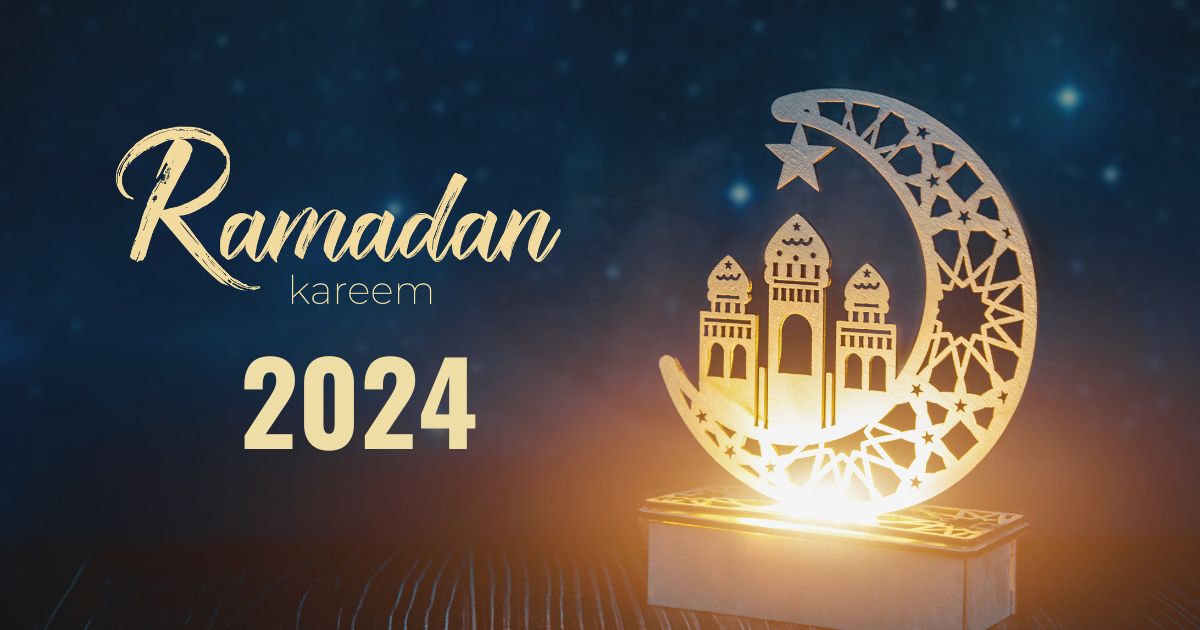
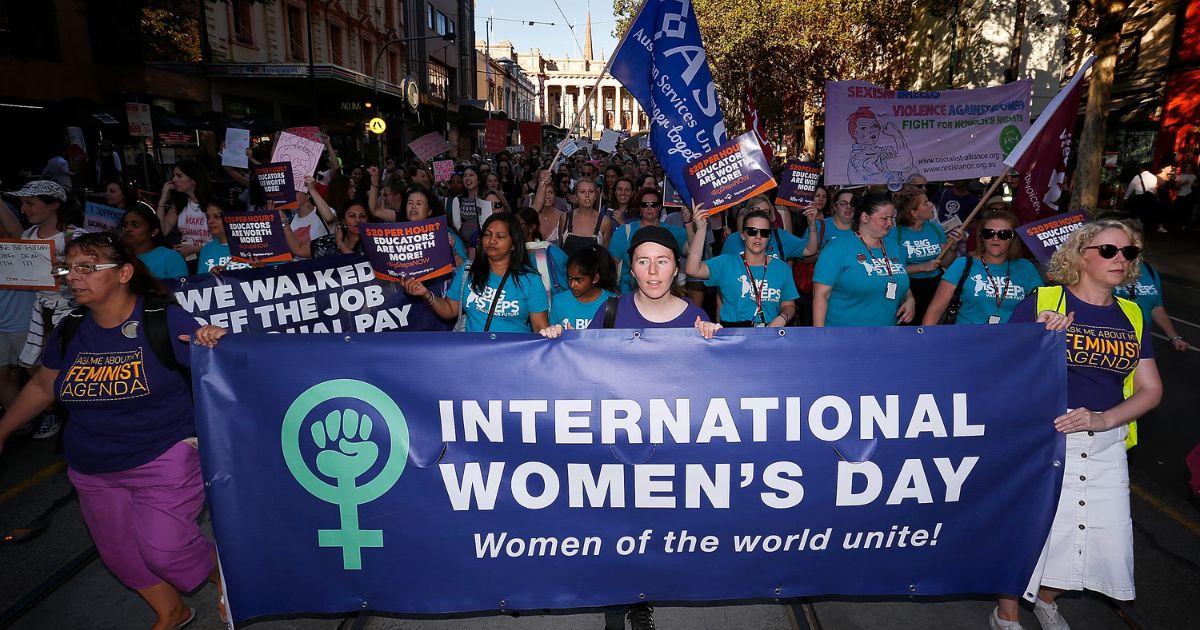



Als Webentwickler bin ich stets auf dem neuesten Stand der Technologie.